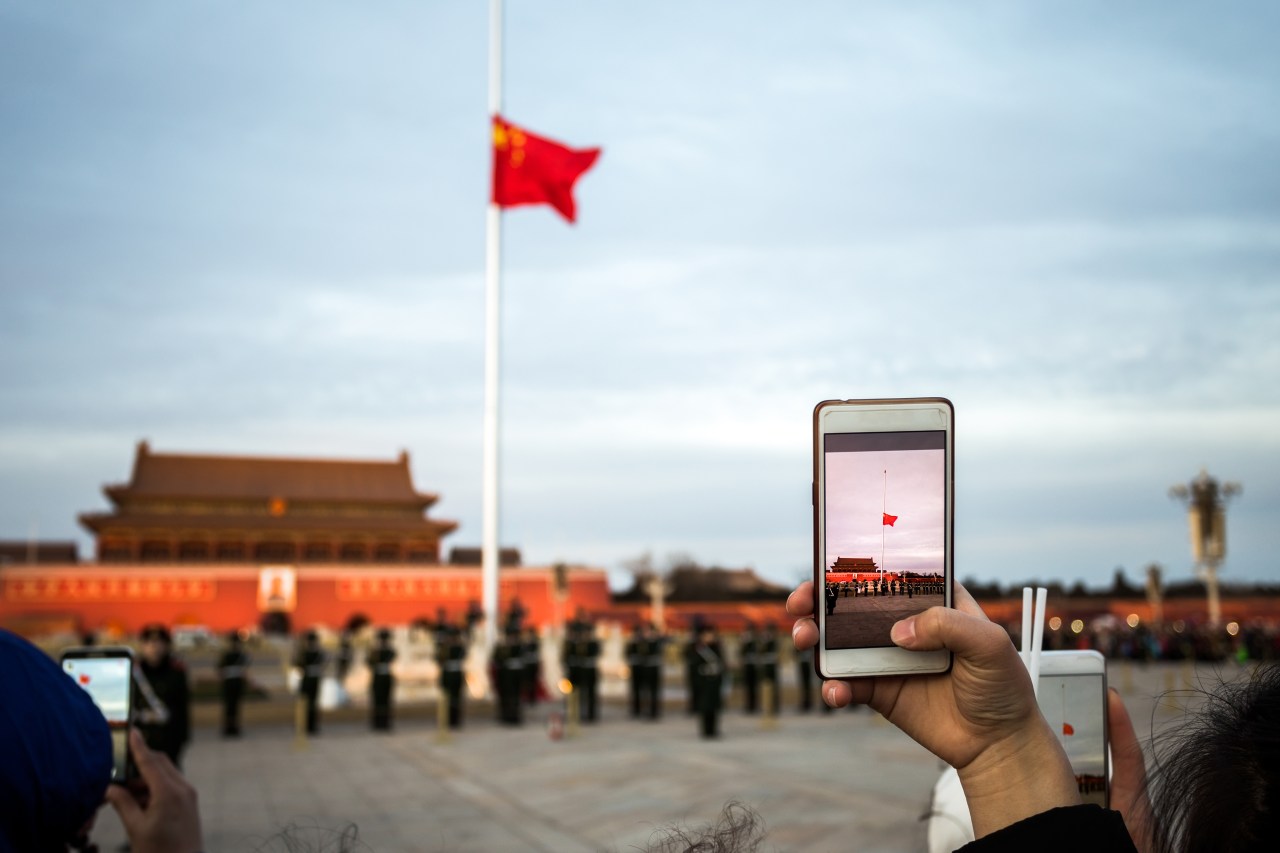The realm of generative AI is undergoing seismic shifts, especially within the confines of China’s digital ecosystem. Recent developments indicate a significant tightening of regulations that has led to the removal of numerous AI apps from Apple’s China App Store. As the country gears up for the implementation of its new regulatory framework on August 15, the implications for developers and users alike are profound. Let’s delve deeper into the motives, reactions, and future possibilities surrounding these changes.
The Rationale Behind the Removals
Just weeks prior to the rollout of the new regulations, Apple began notifying developers that their generative AI apps would be pulled from the China App Store. The reasons cited were rooted in compliance with local laws that deem certain content “illegal in China.” This encompasses a broad swath of applications, with more than 100 reported removals as highlighted by tech blogger @foxshuo. The specific case of OpenCat serves as a focal point, where Apple clearly linked the app to ChatGPT—a service currently without the necessary operational permits in China.
New Regulations Set to Regulate the AI Terrain
In an unprecedented move, China is situating itself at the forefront of generative AI regulation. The upcoming measures require all AI applications and their API providers to secure an administrative license before operation. This means vendors must navigate a complex bureaucratic landscape, potentially discouraging new entrants and forcing many developers to rethink their strategies.
- Heavy Compliance Burdens: Smaller developers, especially those without deep pockets, might be deterred by the extensive compliance requirements set forth by the Ministry of Industry and Information Technology (MIIT).
- Impact on Innovation: The stringent licensing requirements could stifle creativity and innovation, allowing only the most established firms to thrive—further consolidating power amongst internet giants.
- Protection of National Security: The regulations are, in part, a response to concerns regarding the dissemination of illegal or politically sensitive information which has been a traditional prerogative of China’s cyberspace censors.
Broader Implications for the AI Ecosystem
The implications of these regulations extend beyond the immediate removals from the App Store; they indicate a larger strategy by the Chinese government to maintain control over its digital landscape. Without a doubt, they reflect growing apprehensions about large language models (LLMs) and their unpredictable nature. The government aims to mitigate risks associated with unregulated AI applications that could endanger public order or national security.
Conversely, while the regulations could discourage many from attempting to launch generative AI projects in China, they may also pave the way for robust and secure AI services that adhere to a centralized framework. This shift could ultimately lead to a more sustainable market, albeit one that significantly favors larger entities equipped to handle the regulatory maze.
The Path Ahead
As we inch closer to the implementation date, it becomes clear that both developers and users must adapt to this evolving regulatory environment. The future of generative AI in China may soon look vastly different, with a potential divide between those who can comply with the government’s new regimes and those who cannot.
Ultimately, while the landscape appears daunting, there is also a silver lining. The focus on regulation could inspire a wave of innovation directed towards compliance-friendly solutions and a more immersive approach to AI ethics. As stakeholders, we must stay vigilant, prepared for the changes that lie ahead.
Conclusion
The move by Apple to remove generative AI apps signals a profound transformation in how AI services will be offered and consumed in China. As regulations tighten, the tech community must navigate a challenging landscape, balancing innovation with compliance. Whether this will stifle creativity or spur a new wave of regulated innovations remains to be seen.
At fxis.ai, we believe that such advancements are crucial for the future of AI, as they enable more comprehensive and effective solutions. Our team is continually exploring new methodologies to push the envelope in artificial intelligence, ensuring that our clients benefit from the latest technological innovations. For more insights, updates, or to collaborate on AI development projects, stay connected with fxis.ai.

